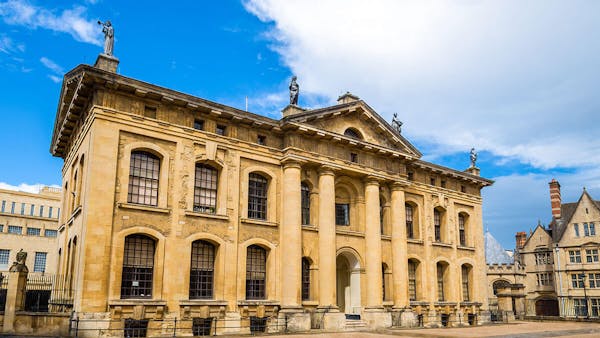THE BEGINNINGS OF THE BOHEMIAN REFORMATION
The Bohemian Reformation was the product of a number of social, political and religious factors that all converged to create the spark that was needed to ignite the movement. Europe in the 14th century was prostrated under the weight of social, political, economic and spiritual unrest. The plague had ravaged the population nearly halving it and added to this was the Papal schism of 1378 and the Babylonian Captivity of the Church which stretched from 1305-1378. Up to that point, the church had been a stabilizing force in European life but in the aftermath of these two events, it began to lose the confidence of the people.
CONDITIONS FACING THE CHURCH
The Babylonian Captivity was a result of the political machinations of the King of France, who pressured the Pope to move the headquarters of the church to Avignon in Southern France. This move set the church back a great deal financially, which led the Pope, in an act of desperation, to begin to charge a fee for every conceivable service the church rendered. This put an enormous burden on the already burdened population, leading many to lose respect for the spiritual office and authority of the church.

